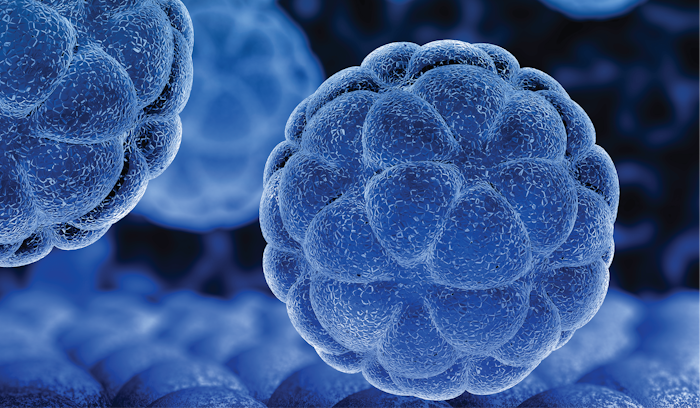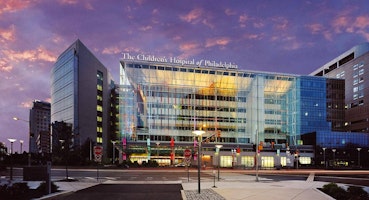Cancer Predisposition in Pediatric Brain Tumors
Email Principal Investigator

Suzanne P. MacFarland
CBTN Data
CBTN Participants
About this
Project
A germline mutation is a genetic mutation that can be passed onto offspring, and there are germline mutations that could cause predisposition to pediatric nervous system cancers. Previous studies have shown that approximately 8% of patients with pediatric cancer had germline mutations and a high proportion of those patients had central nervous system tumors. This was especially true in patients with high-grade gliomas (HGG), atypical teratoid rhabdoid tumors (ATRT), SHH medulloblastomas, and retinoblastomas. Researchers will use data from the Pediatric Brain Tumor Atlas along with patient’s clinical data and family history to further study the impacts of predisposition to central nervous system tumors on patient outcomes. This information is important for both patients and their families who may share predisposition.
Ask The
Scientists
What are the goals of this project?
Researchers will use data collected across brain cancer types along with patient’s clinical data to study the impacts of cancer predisposition on patients with pediatric brain tumors.
What is the impact of this project?
Gaining information about the genetic predisposition to cancer of pediatric brain tumor patients is important for informing clinical care of individual patients and their family members who may share this predisposition.
Why is the CBTN request important to this project?
The Pediatric Brain Tumor Atlas has an unmatched breadth and depth of data concerning pediatric brain tumors that is integral to this research.
Specimen Data
The Children's Brain Tumor Network contributed to this project by providing access to the Pediatric Brain Tumor Atlas.
Meet The
Team

Philadelphia, PA, USA

Washington, DC, USA

Chicago, Illinois, USA
Institutions

Primary
Operations Center

Children’s Hospital of Philadelphia
Joined onOperations Center for the Children’s Brain Tumor Tissue Consortium, the Children’s Hospital of Philadelphia (CHOP) is currently ranked 1st nationally for their Pediatric Cancer Program by U.S. News & World Report. CHOP’s Biobank is home to the CBTTC’s pediatric brain and CNS tumor biorepository; the

Primary
Children’s National Hospital
Joined onEach year, the Brain Tumor Institute at Children’s National evaluates more than 100 new patients with brain tumors, and is recognized as a world leader in childhood brain tumor care and research. Children’s National has pioneered novel pediatric brain tumor therapies, including new molecularly-targe

Primary

Ann & Robert H. Lurie Children’s Hospital of Chicago
Joined onAnn & Robert H. Lurie Children’s Hospital of Chicago treats 220 new patients each year with pediatric cancers. The hospital is ranked 17th in the nation for their pediatric oncology program and 11th for their neurology and neurosurgery program by U.S. News & World Report.Established in 1986, the Lur
related
